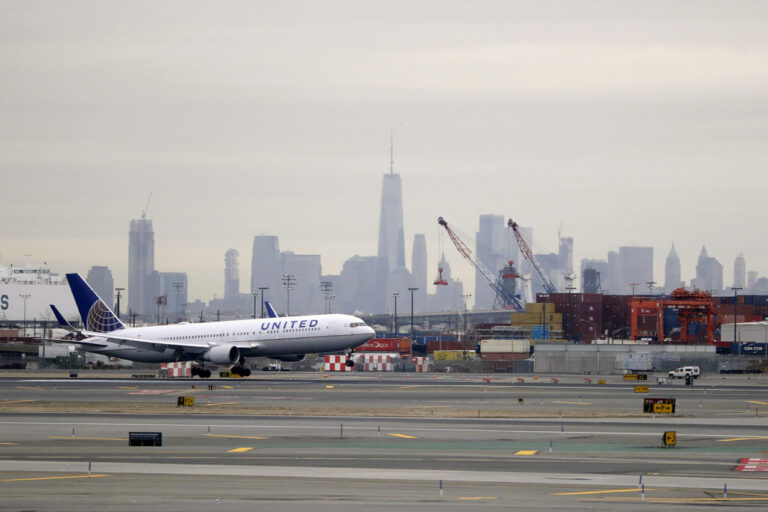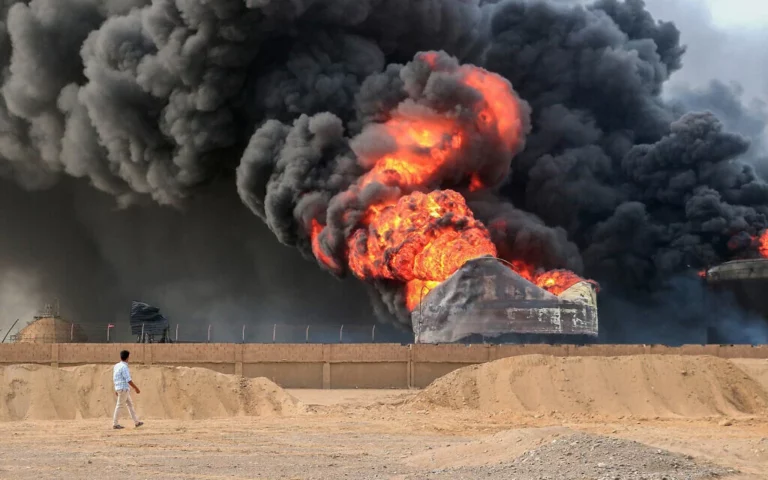 President Barack Obama will be looking for signs from China’s leader at their upcoming meeting that Beijing is ready to address its reported high-tech spying, which the White House sees as a top threat to the U.S. economy and national security.
President Barack Obama will be looking for signs from China’s leader at their upcoming meeting that Beijing is ready to address its reported high-tech spying, which the White House sees as a top threat to the U.S. economy and national security.
The talks between Obama and Chinese President Xi Jinping will be followed by a July meeting between U.S. and Chinese officials focusing on cyberespionage, along with other strategic and economic issues. Secretary of State John Kerry announced the U.S.-China meetings when he visited Beijing in April.
The summit Friday and Saturday at a California estate also is aimed at establishing personal ties between Obama and Xi as relations between the two global powers grow increasingly complex.
Obama needs Xi’s help in stemming nuclear threats from North Korea and Iran, combating the violence in Syria, and continuing the U.S. economic recovery.
The meeting at the 200-acre Sunnylands estate once owned by late publishing tycoon Walter Annenberg is their first since Xi took power in March. The talks also are coming months before the leaders originally had planned to meet, underscoring growing concern in both countries about potential fractures in the relationship.
Cybersecurity is likely to be the prickliest issue, given new reports on the extent and regularity of China’s cyberhacking and increasing interest in Congress about how the U.S. can punish Beijing for its actions.
The Chinese government denies it engages in such spying against the U.S. But analysts say Beijing has started to indicate some willingness to address the problem during private talks with Kerry, national security adviser Tom Donilon and others.
The Chinese have been “much more positive in private meetings,” James Lewis, a cybersecurity expert and former State Department official. The goal during Obama’s meeting, Lewis said, will be to “test whether the Chinese have really moved to a better position where they want to engage.”
A senior Obama administration official said that in recent talks, the Chinese seem to be less dismissive of U.S. concerns about cyberattacks, but that the matter would be not settled in one meeting.
Despite subtle signs of progress in private talks, security analysts say there is little evidence that Chinese-based hacking has eased.
“If the Chinese government wanted to signal to the United States that it wanted to curb its activity, the U.S. government would see it and we would see it,” said Richard Bejtlich, chief security officer at the U.S.-based firm Mandiant. “But it’s the same as it’s always been.”
Defense Secretary Chuck Hagel said Saturday at a security conference in Singapore that the U.S. has expressed its concerns about “the growing threat of cyberintrusions, some of which appear to be tied to the Chinese government and military.”
Obama and Xi were not expected to meet until September, on the sidelines of an international economic summit in St. Petersburg, Russia. But the U.S saw signs that Xi was able to organize his government more quickly than previous Chinese leaders, according to the administration official, and that led the U.S. to conclude that it was best for Obama to meet Xi as early as possible.
The official insisted on anonymity in order to discuss internal administration discussions.
The White House hopes the relaxed setting at Sunnylands will lend itself to a more direct and free-flowing discussion.
“The meeting represents a huge investment by both sides in the relationship and the health of the relationship,” said Nina Hachigian, a China expert at the Center for American Progress. “This is viewed as extremely special by the Chinese side.”
The logistics of Xi’s visit have been negotiated intensely, as is the case with all meetings between the U.S. and China. The Chinese government often pushes for limited media access, though the White House said Friday that U.S. officials were working to arrange an opportunity for reporters to ask questions of the two leaders at the end of the summit.
President George W. Bush held a somewhat similar meeting in 2002 when he hosted then-Chinese President Jiang Zemin at Bush’s ranch in Crawford, Texas.
There’s little expectation the summit will result in any concrete policy decisions. But Kurt Campbell, who until recently served as assistant secretary of state for East Asian and Pacific Affairs, said the discussions on both cybersecurity and North Korea have a “real potential for progress, not because of some enormous good will, but because China is badly positioned on both.”
In a shift from his predecessor, Xi has taken a stern tone with North Korea. He has told the North to return to nuclear talks with the U.S. and other world powers, and has warned its young leader that no country “should be allowed to throw a region and even the whole world into chaos for selfish gain.”
The U.S. long has pushed China to take more aggressive action against North Korea and welcomed Xi’s comments. China is the North’s strongest ally and biggest trading partner.
Financial issues also are expected to be a prominent topic in the talks between the leaders of the world’s largest economies. Xi probably will press China’s claims of business discrimination in the U.S. market.
Xi is likely to express deep discomfort over Washington’s shifting of military assets to Asia and renewed emphasis on alliances with other countries within the region. China sees the strategy, referred to by Obama as his Asia “pivot,” as an effort to contain Beijing’s rising power.
At the Singapore conference, a Chinese military leader questioned the expanded U.S. role in the Pacific after Hagel said he hoped for better military ties between the two countries.
Xi and Obama first met last year when Xi, then vice president, visited the White House. Xi has a warm relationship with Vice President Joe Biden after their travels together throughout China during Biden’s 2011 visit.
Xi has deeper ties to the U.S. than his predecessors. He’s visited the country frequently, and stays in contact with families he stayed with in Muscatine, Iowa, while a visiting provincial official in 1985. His daughter attended Harvard.
(AP)










